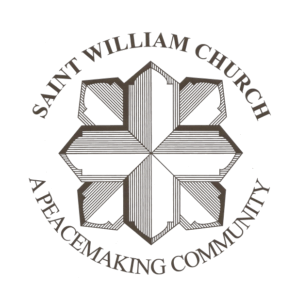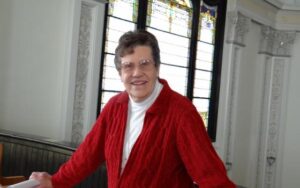
compartir
In 1999 a few Jesuit scholastics in formation and I at Jesuit School of Theology at Berkeley (CA) asked each other, “what Church are our female Catholic peers being prepared for ministry in?” As Jesuit scholastics, the path forward toward ordination was clear for us, but what about them? Except for a confessional counseling course, they had taken the same courses we had: homiletics, celebrational styles, Scripture, pastoral counseling, etc. They were as trained as we were, and some drew us with their preaching and liturgical gestures and intuition more than those of us who were on-track for priestly ordination.
On the eve of our Jesuit diaconate ordination, all of us in our male cohort celebrated with laughter, fine food and drink, appetizers and decadent desserts. Some female classmates gathered in the chapel and prayed for the day they could enter the celebration. At some point, I chose to join them. They shared with me that they were joyful for us, yet deeply saddened.
In November 2023, diaconate ordination of women seemed like it might only be a year away from approval. However recently, the Pope seemed to indicate on US television that this would not happen during his pontificate. Another Study Group was formed to take up the question. The Instrumentum Laboris for the second session of his Synod on Synodality did not include it explicitly. Hopefully, the complexity of aligning Church teaching and law are delaying the approval, as there certainly is still a spirit of openness to exploring the potential of women’s ordination to the diaconate in many of our faith communities.
I have witnessed these women become Catholic high school teachers, professors, writers, administer parish life and leaders of prayer services. Women have been my peers and supervisors, except in diaconal ministry. I continue to hold out hope that women’s gifts for ministry and service can and will be acknowledged by the church.
Reciba Nuestro Boletín Informativo
Aquí es donde compartimos noticias relevantes, eventos y oportunidades para participar en la labor.
*Únicamente enviaremos el boletín una vez cada semana, y nunca compartiremos o venderemos su información.


